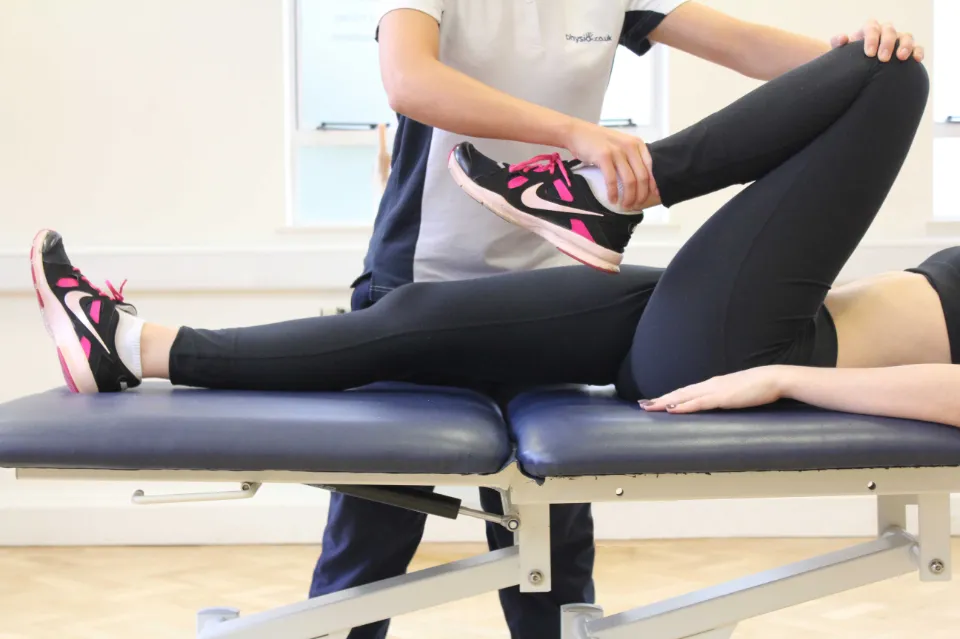
How Long After Hip Replacement Can I Tie My Shoes – Helpful Tips
Mobility and quality of life can be greatly enhanced by hip replacement surgery. When it is safe to resume activities like tying your shoes is a common question following the procedure.
In this article, we’ll go over when it’s safe to tie your shoes again after having a hip replacement, as well as insights and advice for a quick recovery.
Individuals can regain their independence and take pleasure in daily activities by adhering to the suggested guidelines and implementing the necessary techniques.
How Long After Hip Replacement Can You Tie Your Shoes?
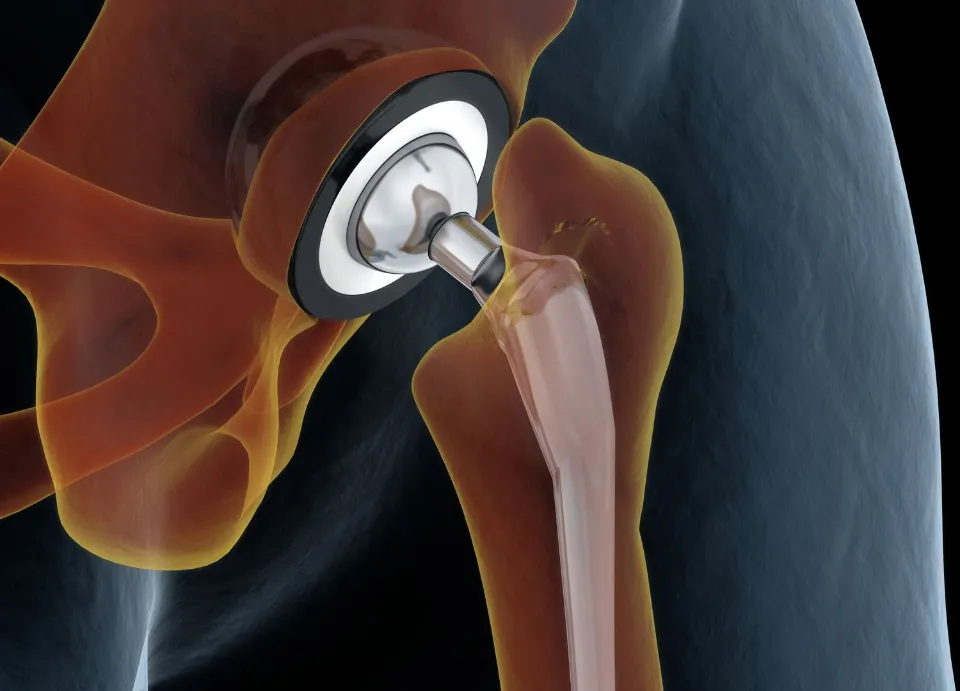
Following a hip replacement, the hip replacement technique used during the procedure will determine how long it will take you to tie your shoes. Most patients would have hip precautions for 6-8 weeks if their hip replacement were done using the more typical posterior or anterolateral/Hardinge technique.
The reason for this is that during surgery, muscles and tendons are frequently cut and then repaired. Since it can take the tissues 6–8 weeks to heal, it is important to take extra precautions around the hips when doing things like tying shoelaces, bending over to pick up items, driving, and even crossing one’s legs.
With anterior approach hip replacement techniques, no tendons or muscles are injured or severed, allowing patients to resume daily activities much faster after surgery, like tying their shoes.
Since they haven’t been able to for a while, some people might take a few weeks to be able to type shoelaces because it takes some time for the tissues around the hip to stretch and prepare for the motions.
What Type of Shoes Can You Wear After Hip Replacement?
Following hip surgery, the right support is necessary. A quality pair of shoes can be very helpful in this situation. By keeping you secure and giving your feet the necessary level of comfort, the right footwear will also keep you safe. The best shoes should therefore be your first objective following a hip replacement.
Your shoes should be lighter and more comfortable to enable you to walk in any setting. The best shoes should provide you with exactly that. If you can find an excellent pair of shoes, you will use them frequently. But in this crowded market, how do you pick the best shoes? Numerous shoe options are available, but obviously not all of them are appropriate for use after a hip replacement.
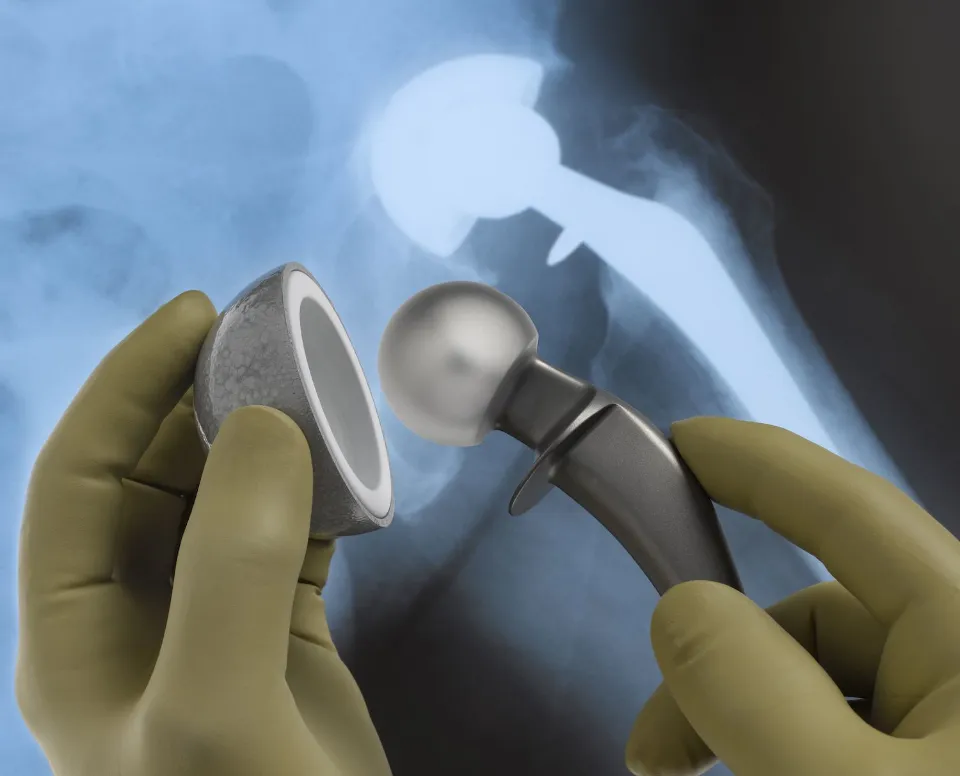
The amount of support needed is one of many things to take into account before choosing a shoe. This can be challenging if you don’t know what to look for and what to avoid. In most cases, your doctor will recommend that you wear a certain pair of shoes. Your convenience may force you to select one, though. The difficult work starts there, after all. In this crowded shoe market, finding the ideal shoe is like looking for a needle in a haystack.
If you bring the wrong kind of shoe, things might get worse. Your feet may experience a number of issues from it, in addition to alignment issues. Following hip replacement surgery, these issues worsen even further. If you don’t find enough comfort, you actually won’t be able to walk or keep your natural pronation. It is always advised to wear high-quality footwear in this kind of circumstance.
What Are the Important Features of Shoes to Wear After Hip Replacement?
It’s impossible to overstate the value of a good pair of shoes. So, using a shoe made specifically for hip replacement is always recommended by doctors. Below are some characteristics of a shoe that make it perfect for hip replacement.
- Comfort
The key feature to look for in post-hip surgery shoes is this one. A good pair of cushioned, padded shoes should be purchased. The shoe should also give you freedom of movement while maintaining your comfort level on your feet. Reducing the impact on your feet and hips also requires shock absorption. Pick the candidate that best combines all of these attributes.
- Arch Support
If your arch support is sufficient, your posture will be supported while you are standing and walking. People with flat feet must have this feature. With the right arch support, your body can bear its weight in an appropriate way. Your hips will therefore be less at risk and will not hurt as much when pronating.
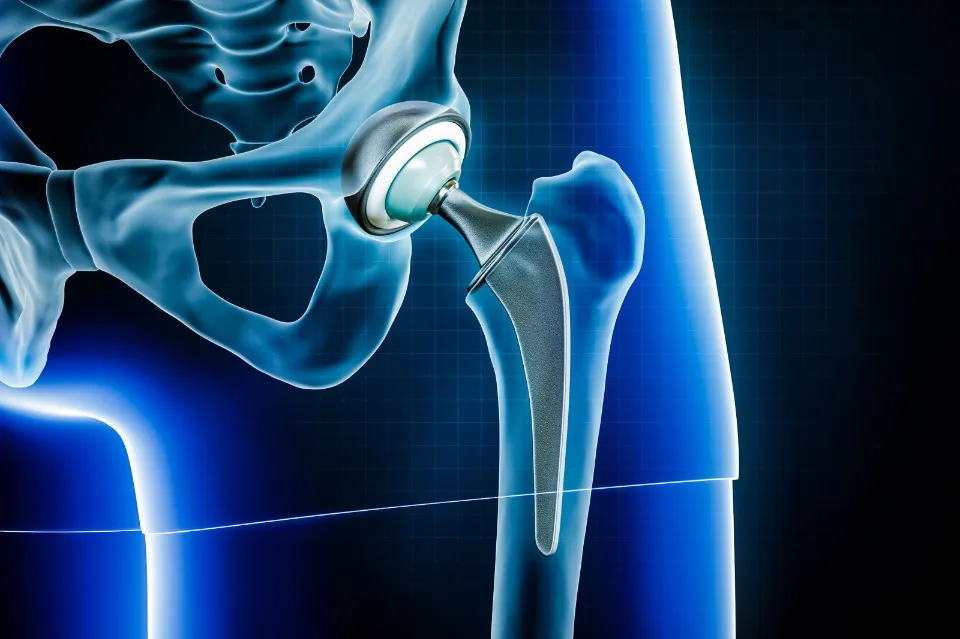
- Heel Height
You need to pay close attention to the region surrounding your heel when it comes to heel height. After a hip replacement, high heels are definitely not recommended. They will cause more suffering and pain if you wear them. Your hips will eventually suffer, which will worsen the situation with your surgery.
High heels should be avoided at all costs as a result. It is better to wear shoes with a small heel or flats. Your hip won’t be put under any stress, and you’ll be able to move about pain-free. You might be able to improve your balance by wearing these types of shoes. You should therefore make an effort to get one of them.
- Midsoles
Your shoes’ midsoles should have shock-absorbing material. Your feet will be able to comfortably absorb the impact thanks to this. As a result, there is a lower chance of future harm. This will be as a result of the magic of a top-notch midsole. Find one of them by doing this. Such soles will be offered to you if you select a well-known shoe brand. You will consequently get a respectable return on your investment.
How Often Should I Drink Fluids and Eat a Healthy Diet?
Following hip replacement surgery, you should consume at least two liters of fluid per day and follow a healthy diet that includes lots of fresh produce, whole grains, fish, poultry, seeds, and legumes. If you have low blood pressure or are restless, you should also take medication.
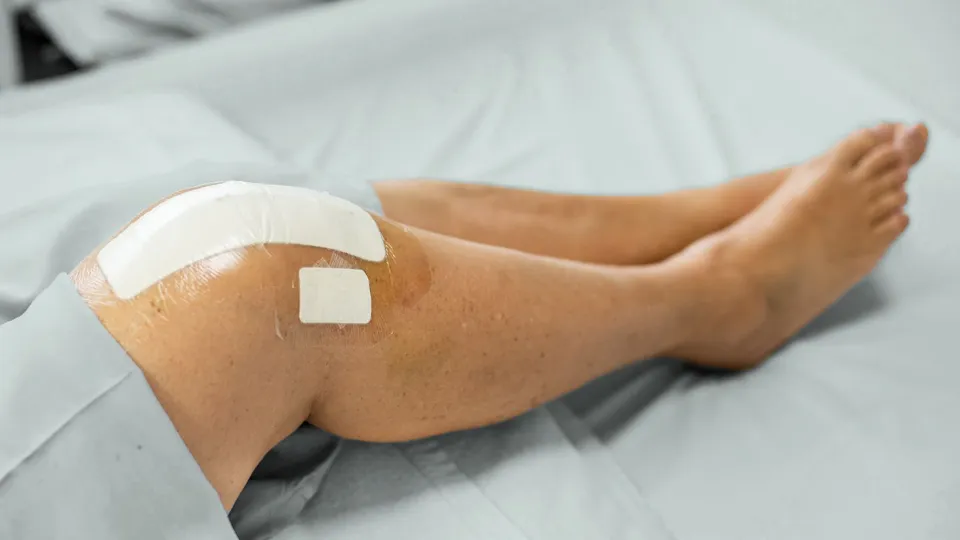
More alcohol is needed by some people than by others. Your health status will also influence how frequently you should drink. A higher frequency of drinking may be necessary if you have type 1 or type 2 diabetes. Perhaps you should drink less if you’re expecting or nursing. Your or a loved one’s risk of infection, pneumonia, falls, or diminished mobility may be higher following surgery.
To ensure a smooth transition from the hospital to your home, you can take a few important steps. While recovering from surgery, one of the most crucial things to concentrate on is nutrition.
- For good reason, eggs are typically served as the first meal to sick people and people who are recovering. Eggs, neatly wrapped in a shell, make excellent healing foods. All the nutrients we’ve already mentioned as being essential for a speedy recovery are contained in one egg. The best part is that serving and cooking eggs is simple.
- By adding these vegetables to your diet on a regular basis, you’ll be able to add a healthy source of carbohydrates that will aid in your fight against fatigue after surgery. Your brain gets energy from carbohydrates, and they also keep your muscles from wasting away. The fibre in a diet rich in vegetables also has the fantastic benefit of lowering constipation, which is a common side effect of painkillers and reduced mobility. For the blood to effectively transport nutrients throughout the body, water is crucial. Following surgery, these nutrients aid in healing and hasten recovery. Water consumption in large quantities can aid in the anesthesia’s removal from the body. Numerous people who are recovering also take painkillers, which can lead to constipation. Water improves the efficiency of the digestive system, which lessens this unwelcome side effect.
- The wholesome bacteria your body needs to digest food and maintain mental equilibrium are known as probiotics. The delicate balance in your gut is upset by anesthetics, antibiotics, and painkillers, which causes digestive problems, constipation, and nausea. Your system can be regulated with a balanced probiotic diet. The most popular probiotic-rich foods include yogurt, kefir, kombucha, sauerkraut, pickles, miso, tempeh, kimchi, sourdough bread, and some cheeses.
- Never forget that healthy fat is your friend. Your immune system needs fat to function properly and reduce the risk of infection. A lot of nuts and fats, especially almonds, are high in vitamin E. Besides promoting faster wound healing, vitamin E also lessens the visibility of scars.
Bottom Line
You must be aware of when you are safe to perform specific actions and movements after hip replacement surgery because it may be risky. Inconvenient tasks like tying shoelaces are included in this. And that’s why many patients wonder, how long after hip replacement can I tie my shoes?
Within the sixth to eighth week following hip surgery, a patient can move around and do light household chores without risking further injury. But this period of time is flexible. No matter how long your recovery takes, you should avoid rushing it and keep up a regular schedule of balance at all costs.





Average Rating